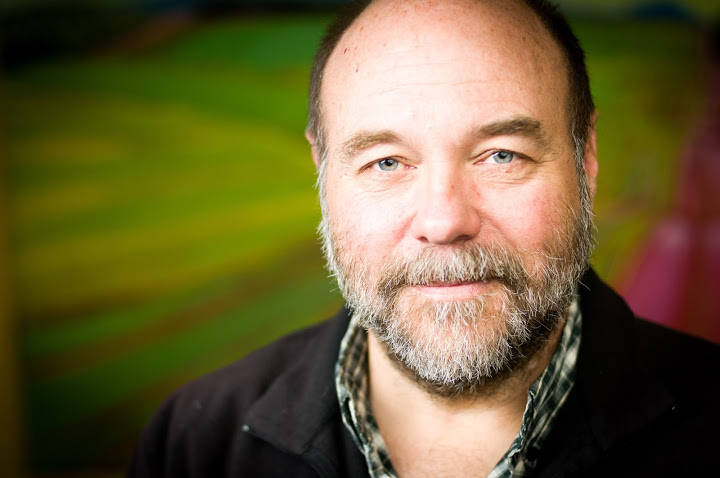How much more money is the Kenai Peninsula Borough willing to spend on defending a discriminatory and unconstitutional prayer policy? The answer from some Assembly members appears to be “much more.”
Last month Superior Court Judge Andrew Peterson ruled in favor of three Borough residents who had been denied their requests to present invocations at Assembly meetings. Their denials were based on a policy narrowly adopted in 2016, which limited official invocation prayers to be delivered only by Chaplains or representatives of “approved religious associations.” After adopting this policy and overriding a veto by then-Mayor Mike Navarre, the Assembly was warned the policy was unconstitutional and would likely be challenged in court. Sure enough, when Borough residents started to apply and were denied based on their religious affiliation, a lawsuit (Hunt v KPB) was filed in State Superior Court.
After a lengthy period of court procedures, Judge Peterson finally issued a decision on Oct. 9. He clearly ruled the policy a violation of the Establishment Clause of our Alaska Constitution requiring the Borough to take corrective action. Not only have the actions of the Assembly caused divisiveness among our residents, they have also resulted in tens of thousands of dollars of taxpayer money being wasted on legal fees.
What was originally sold to the Borough as “pro bono” legal representation by the Alliance Defending Freedom (an Arizona-based Christian activist law firm) has cost taxpayers $26,882.46 to date, a far cry from the “free” legal defense we’d been promised. Other legal issues surrounding the invocation have cost us too. Public records show payments to three law firms dealing with invocation issues other than Hunt v KPB have totaled $44,391.46. Additionally Borough staff time from the legal department, information technology and the clerk’s office was estimated at 183 hours (costing over $15,000) in the first few months of the controversy. Staff time was not tracked after February 2017, so we will never know the value of public employees’ salaries wasted on this issue. Finally, and not insignificantly, there is the Borough’s obligation to reimburse plaintiffs’ legal fees after losing a constitutional court argument, another unknown but pending cost to be paid with your hard-earned tax dollars.
So, instead of admitting that the policy was wrong (i.e. discriminatory and unconstitutional), some Assembly members are preparing to spend even more of your money to appeal the case to the Alaska Supreme Court. Who knows how much that will cost us and how much longer it will drag out the controversy?
I have heard loudly and clearly from many constituents: “Stop spending my tax dollars defending a government policy on prayer.” We have a number of options to comply with the court order and move on. One option is to open the invocation to anyone, regardless of religious belief or non-belief. Perhaps the most equitable solution is to convert the invocation into a moment of silent contemplation. Whichever solution we eventually adopt, I hope we can all agree that throwing more money at the problem is unacceptable.
Willy Dunne represents District 9 on the Kenai Peninsula Borough Assembly. The opinions expressed here are his own.

